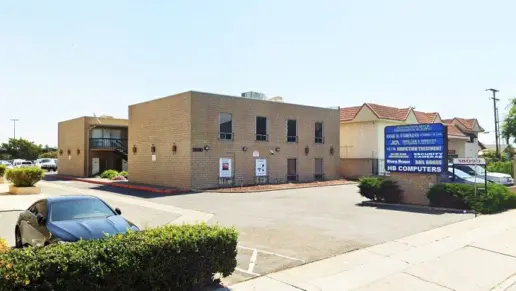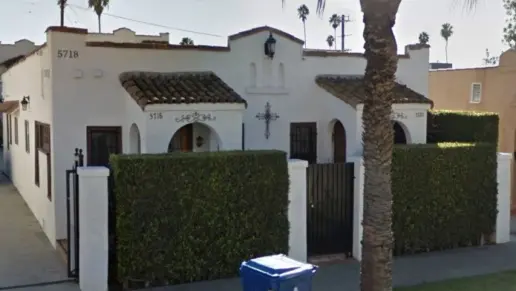About BHS – Patterns
BHS - Patterns is a behavioral health treatment provider serving adolescents, adults, and elderly patients, in Hawthorne, California. They also offer psychiatric care, alcohol and drug addiction treatment, and community resources.
As a community mental health provider, BHS – Patterns is a nonprofit offering a range of mental health and addiction services, including dual diagnosis mental health and addiction treatment, individual and family counseling, short term inpatient, family support, 12 step facilitation, services for children and youth, veteran’s program, pregnant and postpartum services, aftercare support, and long term residential treatment.
BHS – Patterns offers an inpatient treatment program for adults. Treatment includes a biopsychosocial assessment, treatment planning, and evidence based therapies to treat addiction and mental health conditions, like motivational interviewing, individual and group counseling, psychoeducation, life skills training, trauma therapy, and relapse prevention.
The outpatient clinic at BHS – Patterns treats addiction and/or other co-occurring conditions. The program includes a mental health assessment and individualized treatment plan, individual and group therapy, psychoeducation, relapse prevention support and planning, and receive case management support. Sessions are held several days per week, depending upon each patient’s circumstances.
BHS – Patterns offers addiction treatment programs to active service members, military, reservists, guard members, and their families. The program includes a mental health assessment and customized treatment plan, followed by evidence based therapies to treat a range of conditions, including PTSD, traumatic events, relationship challenges, depression, anger, grief, loss, addiction, and other mental health challenges.
Perinatal programs are for pregnant or postpartum people and their children. Services are provided on an intensive outpatient basis and may involve the use of medication assisted treatment (MAT).
The 12 step program is an abstinence based method of recovery designed by the recovery group, Alcoholics Anonymous. It involves a 12 step process of recovery conducted with the help of a sponsor or group facilitator. Participants are encouraged to attend regular meetings, complete the steps, and meet frequently with their sponsor and other group members.
The treatment team at BHS – Patterns determines a comprehensive aftercare plan prior to the patient’s departure. Typically, the plan may include detailed relapse prevention activities, outpatient support groups, and follow up appointments with their therapist and clinician.
BHS – Patterns accepts Medicaid, Medicare, most commercial insurance plans, and self pay. Sliding scale, financial aid, and state funding options are also available. No one will be refused services due to an inability to pay.
Latest Reviews
Rehab Score
Gallery
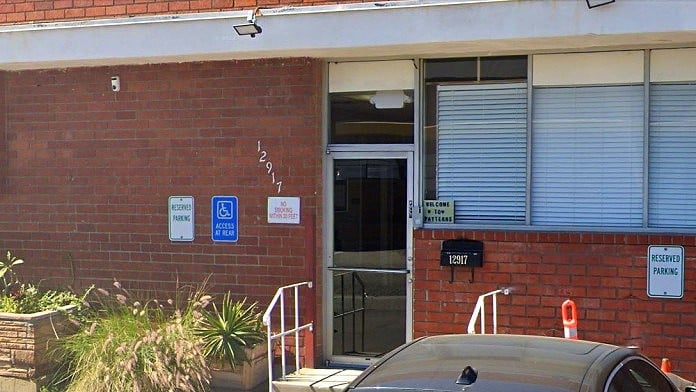
Location
Accepted Insurance
Other Forms of Payment
Private insurance refers to any kind of healthcare coverage that isn't from the state or federal government. This includes individual and family plans offered by an employer or purchased from the Insurance Marketplace. Every plan will have different requirements and out of pocket costs so be sure to get the full details before you start treatment.
Self-pay involves paying for treatment out of your own pocket. You can use savings or credit, get a personal loan, or receive help from family and friends to fund your treatment. If you don't have insurance or your insurance plan doesn't cover a specific program, self-pay can help ensure you still get the care you need.
Sliding scale payments are based on a client's income and family size. The goal is to make treatment affordable to everyone. By taking these factors into account, addiction recovery care providers help ensure that your treatment does not become a financial burden to you or your family, eliminating one barrier to care.
Medicaid is a state based program that helps lower-income individuals and families pay for healthcare. Medicaid covers addiction treatment so those enrolled can use their coverage to pay for rehab. When a program accepts Medicaid the client often pays very little or nothing out of their own pocket.
Medicare is a federal program that provides health insurance for those 65 and older. It also serves people under 65 with chronic and disabling health challenges. To use Medicare for addiction treatment you need to find a program that accepts Medicare and is in network with your plan. Out of pocket costs and preauthorization requirements vary, so always check with your provider.
Addiction Treatments
Levels of Care
Treatments
The goal of treatment for alcoholism is abstinence. Those with poor social support, poor motivation, or psychiatric disorders tend to relapse within a few years of treatment. For these people, success is measured by longer periods of abstinence, reduced use of alcohol, better health, and improved social functioning. Recovery and Maintenance are usually based on 12 step programs and AA meetings.
Drug rehab in California teaches participants constructive ways to stay clean and sober. Treatment revolves around helping individuals stop using the substance they are addicted to and learn healthy habits to avoid relapse.
Many of those suffering from addiction also suffer from mental or emotional illnesses like schizophrenia, bipolar disorder, depression, or anxiety disorders. Rehab and other substance abuse facilities treating those with a dual diagnosis or co-occurring disorder administer psychiatric treatment to address the person's mental health issue in addition to drug and alcohol rehabilitation.
Opioid rehabs specialize in supporting those recovering from opioid addiction. They treat those suffering from addiction to illegal opioids like heroin, as well as prescription drugs like oxycodone. These centers typically combine both physical as well as mental and emotional support to help stop addiction. Physical support often includes medical detox and subsequent medical support (including medication), and mental support includes in-depth therapy to address the underlying causes of addiction.
Substance rehabs focus on helping individuals recover from substance abuse, including alcohol and drug addiction (both illegal and prescription drugs). They often include the opportunity to engage in both individual as well as group therapy.
Programs

Clinical Services
Cognitive Behavioral Therapy (CBT) is a therapy modality that focuses on the relationship between one's thoughts, feelings, and behaviors. It is used to establish and allow for healthy responses to thoughts and feelings (instead of unhealthy responses, like using drugs or alcohol). CBT has been proven effective for recovering addicts of all kinds, and is used to strengthen a patient's own self-awareness and ability to self-regulate. CBT allows individuals to monitor their own emotional state, become more adept at communicating with others, and manage stress without needing to engage in substance abuse.
In individual therapy, a patient meets one-on-one with a trained psychologist or counselor. Therapy is a pivotal part of effective substance abuse treatment, as it often covers root causes of addiction, including challenges faced by the patient in their social, family, and work/school life.
Research clearly demonstrates that recovery is far more successful and sustainable when loved ones like family members participate in rehab and substance abuse treatment. Genetic factors may be at play when it comes to drug and alcohol addiction, as well as mental health issues. Family dynamics often play a critical role in addiction triggers, and if properly educated, family members can be a strong source of support when it comes to rehabilitation.
Group therapy is any therapeutic work that happens in a group (not one-on-one). There are a number of different group therapy modalities, including support groups, experiential therapy, psycho-education, and more. Group therapy involves treatment as well as processing interaction between group members.
Trauma therapy addresses traumatic incidents from a client's past that are likely affecting their present-day experience. Trauma is often one of the primary triggers and potential causes of addiction, and can stem from child sexual abuse, domestic violence, having a parent with a mental illness, losing one or both parents at a young age, teenage or adult sexual assault, or any number of other factors. The purpose of trauma therapy is to allow a patient to process trauma and move through and past it, with the help of trained and compassionate mental health professionals.
Life skills trainings involve all the skills a person must have in order to function successfully in the world. These include time management, career guidance, money management, and effective communication. Truly successful addiction recovery is based on the ability to not only live substance-free, but to thrive. Life skills teaches the practical necessities of functioning in society, which sets clients up for success in life, and therefore sobriety.
Amenities
-
Private Setting
Staff & Accreditations
Staff

President & CEO
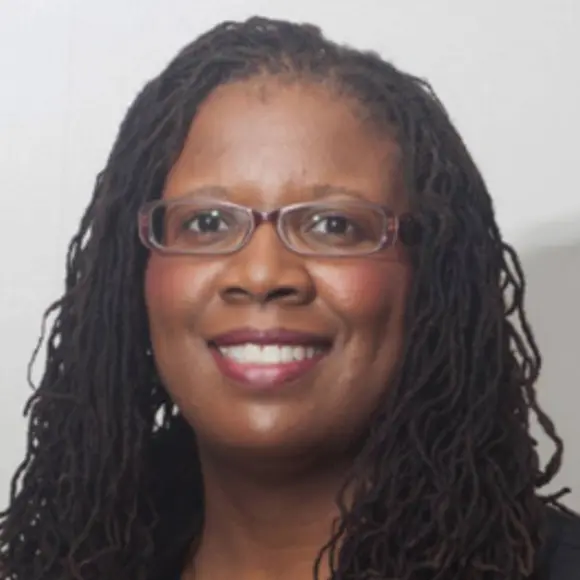
CFO

Chief Compliance Officer
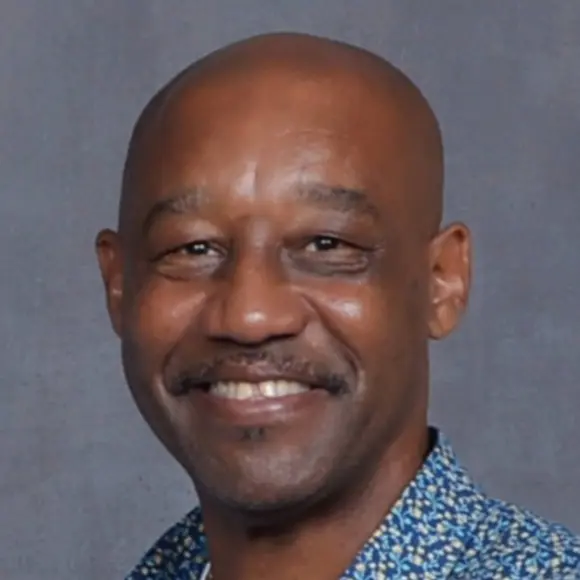
Director of Information Technology
Accreditations

The Commission on Accreditation of Rehabilitation Facilities (CARF) is a non-profit organization that specifically accredits rehab organizations. Founded in 1966, CARF's, mission is to help service providers like rehab facilities maintain high standards of care.
CARF Accreditation: Yes
Contact Information
12917 Cerise Ave
Hawthorne, CA 90250





